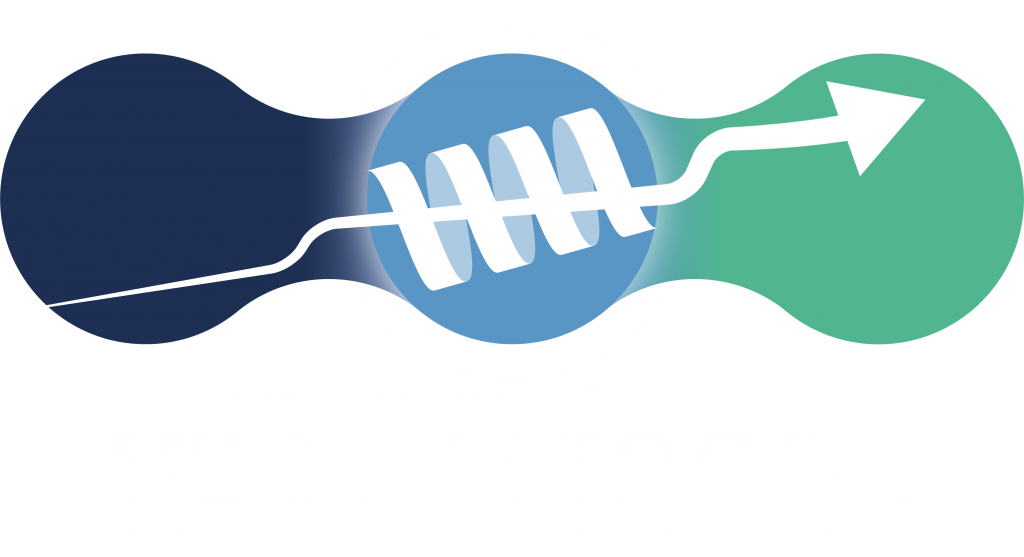GET TO KNOW THE TEAM

Prof. Dr. Harald Gröger is PhD supervisor of ESR10, and member of Dissemination and Explitation Board (DEB). Prof. Gröger studied Chemistry at the Universities of Erlangen-Nürnberg and Oldenburg and received his diploma degree in Chemistry from the University of Oldenburg in 1994. After receiving his doctoral degree from the same university in 1997, he stayed as a postdoctoral fellow at the University of Tokyo from 1997 to 1998. In 1998 he joined the research department Chemische Forschung of SKW Trostberg AG. After the merger with Degussa-Hüls AG to Degussa AG in 2001, he became Project Manager in the Project House Biotechnology of Degussa AG. From 2004 to 2006 he worked as a Senior Project Manager at the research unit Service Center Biocatalysis of Degussa AG. From 2006 to 2011 he was W2-Professor (Associate Professor) of Organic Chemistry at the University of Erlangen-Nürnberg and since April 2011 he is W3-Professor (Full Professor) of Organic Chemistry at Bielefeld University.
Key Research Facilities, Infrastructure and Equipment
The group Industrial Organic Chemistry and Biotechnology in Bielefeld provides expertise and equipment for organic synthesis under specific reaction conditions for bio- and chemocatalysts, analytical methods (chiral / achiral GC, HPLC, mass spectrometry, etc.), recombinant protein expression (S1 safety level), protein purification (ÄKTA), characterization and molecular biology work. Access to NMR spectroscopy.
Hosting University: Bielefeld University
Bielefeld University (UNIBI) was founded in 1969 with an explicit research assignment and a mission to provide high-quality research-oriented teaching. Today it encompasses 13 faculties covering a broad spectrum of disciplines in e.g., natural sciences, and technology. The research group Industrial Organic Chemistry and Biotechnology, is headed by Prof. Dr. Harald Gröger and belongs to the Faculty of Chemistry. In their interdisciplinary research activities the group focuses on the application of enzymes as valuable and environmental friendly catalysts in organic chemistry. Besides process design of biotransformations, the combination of chemo- and biocatalysis and the development of corresponding multi-step one-pot bioprocesses as well as biocatalysis-based industrial production processes are further aims, thus enabling technically feasible greener routes to pharmaceuticals and fine chemicals.
Relevant Publications and/or Research / Innovation Product
- H. Gröger, F. Chamouleau, N. Orologas, C. Rollmann, K. Drauz, W. Hummel, A. Weckbecker, O. May. Enantioselective Reduction of Ketones with „Designer Cells“ at High Substrate Concentrations: Highly Efficient Access to Functionalized Optically Active Alcohols. Angew. Chem., 2006, 118, 5806-5809; Angew. Chem. Int. Ed., 2006, 45, 5677-5681.
- E. Burda, W. Hummel, H. Gröger. Modular Chemoenzymatic One-Pot Syntheses in Aqueous Media: Combination of a Palladium-Catalyzed Cross-Coupling with an Asymmetric Biotrans-formation, Angew. Chem., 2008, 120, 9693-9696; Angew. Chem. Int. Ed., 2008, 47, 9551-9554.
- G. Rulli, N. Duangdee, K. Baer, W. Hummel, A. Berkessel, H. Gröger. Direction of Kinetically versus Thermodynamically Controlled Organocatalysis and Its Application in Chemoenzymatic Synthesis. Angew. Chem. 2011, 123, 8092-8095; Angew. Chem. Int. Ed., 2011, 50, 7944-7947.
- E. Burda, T. Ress, T. Winkler, C. Giese, X. Kostrov, T. Huber, W. Hummel, H. Gröger. Enantioselective Enoatreductase-Catalyzed Synthesis of alpha-Branched Nitroalkanes. Angew. Chem., 2013, 125, 9493-9496; Angew. Chem. Int. Ed., 2013, 52, 9323-9326.
